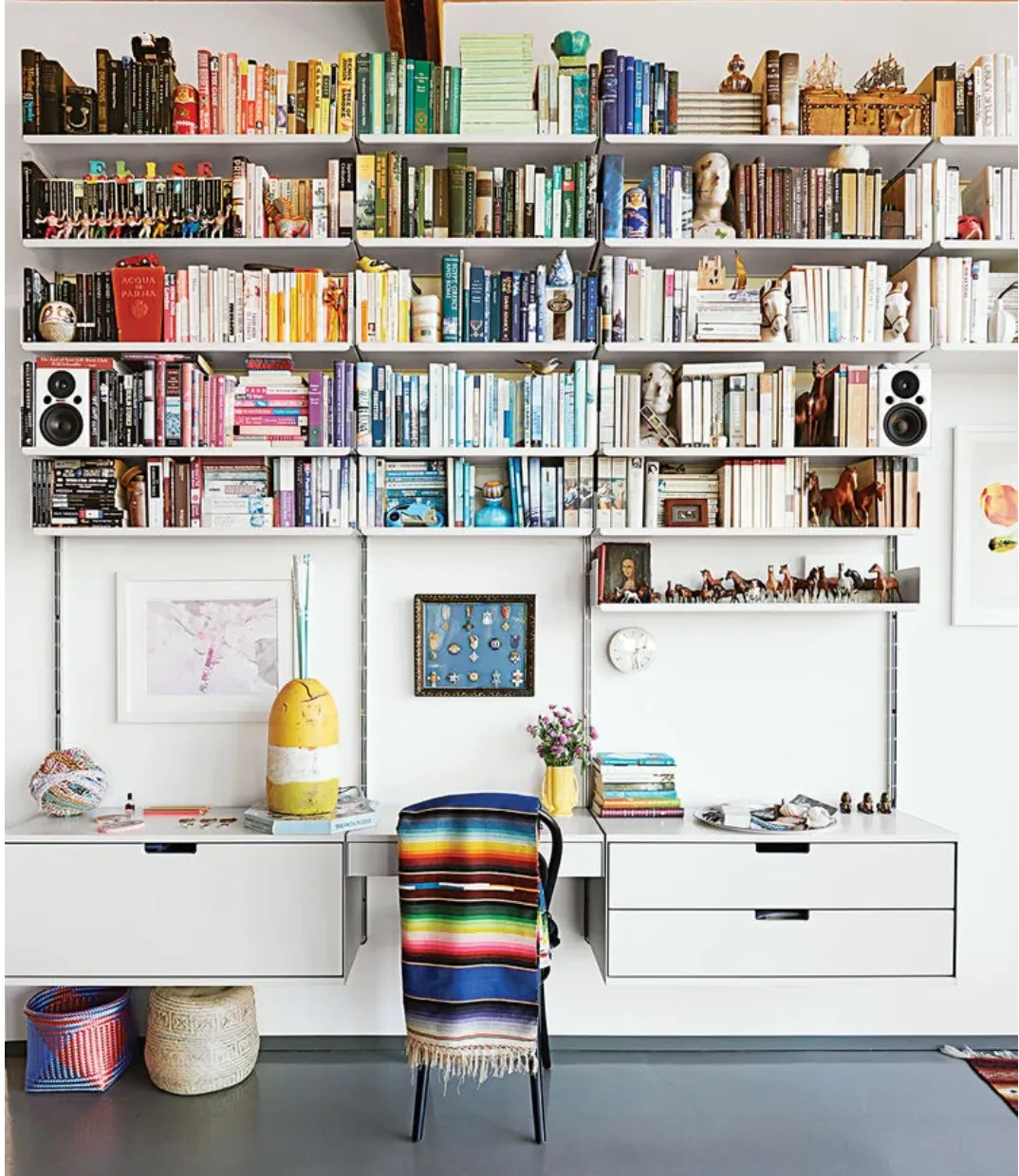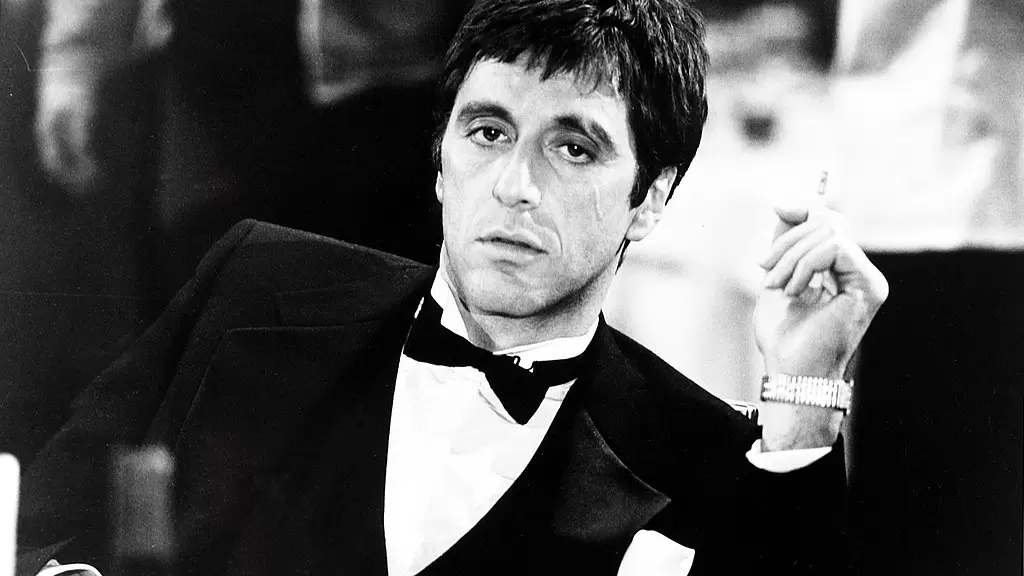Books that will help you moving gear with your artistic endeavours
How to start your career? What about contracts? Portfolio, online presence, social media - how do you get out of the weeds and move gears? There are more questions than answers in your day. You need some help. Here are some books to offer guidance through your art journey.


You may or may not have a traditional art education; for some, it is a must. For others, it might not have been appealing or even a possibility. Atypical is becoming the norm in today’s world, so find the path that works for you. The debate surrounding the “Shall I get a BFA or even an MFA?” is still very much alive and keeps getting new fuel from both points of view. You might now find yourself wondering, but if I am eager to learn? If I am not sure what should be next? That you tried an online class, and it didn’t work for you – or like many of us you simply need less screen time these days, what else you can do? You can turn yourself into books that will help you get your brain going and move up a gear. They will give you some much-needed guidance and might become your closest companion for this part of your journey!
Art Thinking by Amy Whitaker
 How do you make time to be creative – when do you make time? Especially in today’s life where it feels like everybody is running toward being the new 30 under 30, fueled itself on a (futile?) achievement competition, impossible schedule while showing on Instagram their slow living and work-life balance… This book will help you guide you by finding your point B, what is the question that guides you and will eventually send you from the weeds to realization. It is engaging and draws examples from much more than art. It shows real success stories of people who decided to set objectives for themselves and work hard to achieve them. It will guide you through the way of living a life that is true to your desire to have a foot in the creative world and the business one.
How do you make time to be creative – when do you make time? Especially in today’s life where it feels like everybody is running toward being the new 30 under 30, fueled itself on a (futile?) achievement competition, impossible schedule while showing on Instagram their slow living and work-life balance… This book will help you guide you by finding your point B, what is the question that guides you and will eventually send you from the weeds to realization. It is engaging and draws examples from much more than art. It shows real success stories of people who decided to set objectives for themselves and work hard to achieve them. It will guide you through the way of living a life that is true to your desire to have a foot in the creative world and the business one.
How to Be an Artist by Jerry Saltz  This book is quick to read, down to earth in its advice but it brings us back to what we all kind of know but don’t go back to often enough. This book will bring you back to love, the inspiration of why you want to strive as an artist. His words will stick with you, becoming almost a little character on your shoulder. It also called on other artists and critics’ words, is filled with exercises, practical (art and life) advice. This book is relevant for more than just art and will help all of us to find our artistic voice.
This book is quick to read, down to earth in its advice but it brings us back to what we all kind of know but don’t go back to often enough. This book will bring you back to love, the inspiration of why you want to strive as an artist. His words will stick with you, becoming almost a little character on your shoulder. It also called on other artists and critics’ words, is filled with exercises, practical (art and life) advice. This book is relevant for more than just art and will help all of us to find our artistic voice.
Bonus point – you can get it as an audiobook and Saltz himself narrates it!
How to Write About Contemporary Art by Gilda Williams
Every artist will have to write about their own art at some point in their journey, a most likely sooner than later. Galleries, art writers, art critics, bloggers all publish written content. From academic essay, descriptive text for wall label, to press release, to review your artist statement, you can’t escape writing about art so how can you make sure that you start putting forward your best foot? You don’t need to struggle with this incredible and comprehensive resources that will show you do and don’t and will guide through a series of questions that if you follow will become your recipe for written success.
Navigating the Art World – Professional Practice for the Early Career Artist by Delphian Gallery  As they state in the introduction of this little book “there is no one path to success in life, and this is especially true in arts.” Still, there are ways that you can find yourself achieving your definition of success more easily by avoiding pitfalls and mistakes that other did and listen to the guidance of others who are where you want to be. This doesn’t mean copying-pasting their ways but getting inspired to create your own path and build your profile. This book approached subjects that are rarely discussed candidly and will contribute to filling your toolbox to jump into the next exciting phase of your career.
As they state in the introduction of this little book “there is no one path to success in life, and this is especially true in arts.” Still, there are ways that you can find yourself achieving your definition of success more easily by avoiding pitfalls and mistakes that other did and listen to the guidance of others who are where you want to be. This doesn’t mean copying-pasting their ways but getting inspired to create your own path and build your profile. This book approached subjects that are rarely discussed candidly and will contribute to filling your toolbox to jump into the next exciting phase of your career.
What they didn’t teach you in art school by Rosalind Davis & Annabel Tilley
What they didn’t teach you in photo school by Demetrius Fordham
 These are group together while being two very different books with their own particularities, words of wisdom and practical advice. They are following a similar structure, and there are some overlaps. Still, most of the information you will find is complementary and will help you figure out the business of being an artist or a photographer (or both…). These books are almost a steps by steps guidance that will lead you to establish your goals and make sure that you have created and thought of all the tools you will need along the way to make a living out of your art from an artist statement, to your portfolio to copyright, social media and building authentic relationships – with other artists, audiences and other professionals in your area.
These are group together while being two very different books with their own particularities, words of wisdom and practical advice. They are following a similar structure, and there are some overlaps. Still, most of the information you will find is complementary and will help you figure out the business of being an artist or a photographer (or both…). These books are almost a steps by steps guidance that will lead you to establish your goals and make sure that you have created and thought of all the tools you will need along the way to make a living out of your art from an artist statement, to your portfolio to copyright, social media and building authentic relationships – with other artists, audiences and other professionals in your area.
Additional noteworthy, more specific, resources;

How .ART Domains Are Taking Artists Online Read More How to register a business email on .ART Read More Portfolio on .ART: How to showcase your creative work in 4 simple steps Read More
A Surprisingly Interesting Book About Contracts by Sarah Conley Odenkirk
Contracts are important as they layout foundation. They are the primer before the paint can be applied. This book is another handy to make the contract world accessible. Filled with anecdotes (yes about contracts and it makes it fun! – who could have expected this?), definitions, things to consider and boilerplates, this book will help you with your need for contracts and mitigate the mixed emotions everybody feels about them.
Everybody Writes by Ann Handley
Content is key these days, from a blog post to your website to a press release for your upcoming exhibition and even caption to your Instagram post. So where do you start? How can you make compelling and attracting writing that will get your message across? This book will help you better your content.
The Artist’s Guide to Public Art by Lynn Basa
A must if you are contemplating making public art, filled with actionable, practical advice, will help you build your own useful & through check–up list. From where to start looking for opportunities to how to you realized them, it will open up, in your mind, other avenues that you might not have thought through.
The Only Grant-Writing Book you’ll ever need by Ellen Karsh & Arlen Sue Fox
At one point or another, most artists will face the damning task of applying for funding – this book will help you avoid many first-timer mistakes and guide you through the process of writing your first grant application. This is the fifth edition – they must know a good thing or two about grants.
Many other books could have made this list; each artist will have a lighthouse book that has been highly inspirational or beneficial to their journey – share with us on social media your recommendation.





